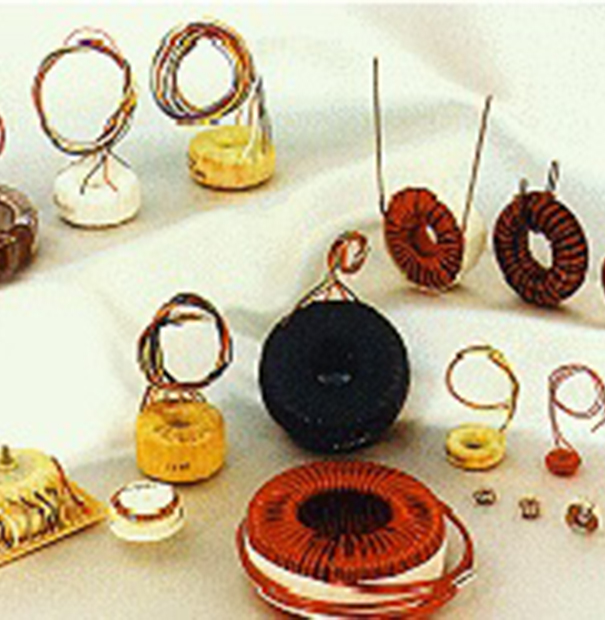Toroid Transformers are one of the most crucial components to ensure electrical circuits work correctly. There are many different types of transformers electrical engineers can choose from. Each of these transformers works differently to best meet the specific needs of each application. Regardless of the transformer used, they all seek to do the same thing, which is to lower/raise voltage and current levels.
One component of a transformer that engineers must be mindful of is the materials used to construct the core. Ferrite cores are enclosed by coil winding. The highly magnetic permeability of the ferrite core makes them ideal for many applications. Give us a call today for custom toroids for your exact needs.
Of all the core types available, ferrite is the most popular material type. Ferrite toroid cores offer users many benefits, which include:
High permeability: of all the benefits ferrite offers, this is argued as the most important. This material has effective permeability.
Lack of eddy currents: the material also has low electrical conductivity. Because of low electrical conductivity and high permeability, eddy currents are reduced. Ferrite delivers excellent performance.
High coercivity: ferrite cores are known to have higher coercivity than other transformers. Ferrite comes as a hard and soft core, and the soft variant has higher coercivity than other transformers.
Other benefits of ferrite cores include:
- Low Hysteresis Factor
- Low DC Sensitivity
- High Q-value
- Low Signal Distortion
Give us a call for more information about custom toroid coil winding.
Related Reading about Toroids
- Opting for a Toroids and Toroidal Transformer
cores are comprised of limited raw materials, meaning that its weight is significantly reduced. Mounting equipment is also minimal, which means mounted toroids do not add much to weight to devices once installed.
- Advantages of Transformer Winding
- Uncommon Toroid Benefits

